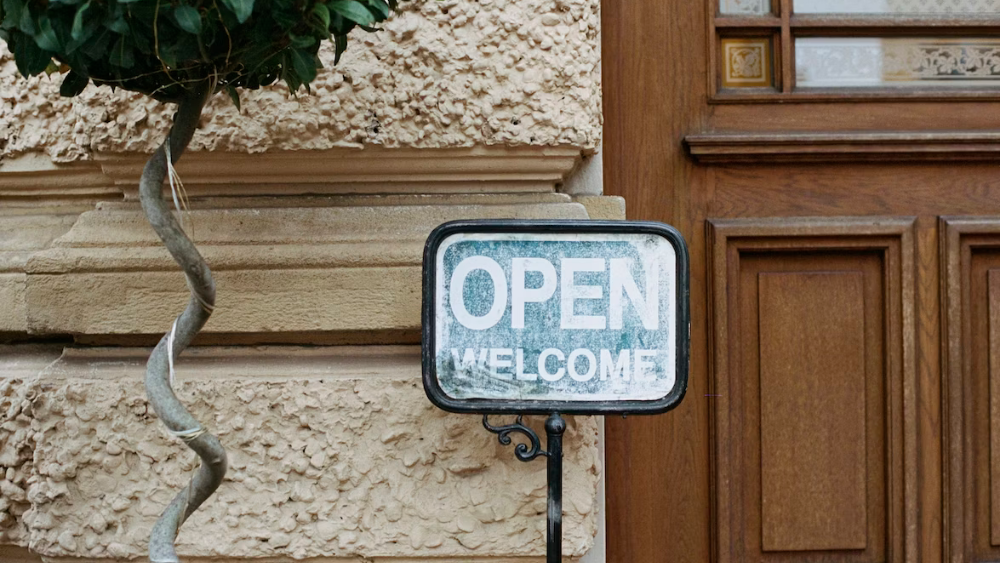
Open houses have long stood as a traditional and effective method for showcasing a property to potential buyers. It’s an event where homeowners and real estate agents come together to present a home in its best light. For buyers, open houses offer a tangible, unfiltered experience of a property — far beyond what photos or virtual tours can provide. Meanwhile, sellers seize this opportunity to highlight their home’s unique features, aiming to create a lasting impression that could expedite their sale. We’ll discuss the ins and outs of open houses, the pros and cons of having one, and what you can do as the seller to ensure a successful open house. Open houses are one of the oldest real estate marketing tricks in the book. The long-standing tradition began in the 1910s as a perk that came with signing an exclusive contract to sell a home. Prior to the dawn of open houses, anyone could be a real estate agent, so you didn’t need to have a broker’s license to sell a home. As competition among real estate agents became more fierce, exclusive contracts allowed agents to bind themselves contractually to a family and their property to guarantee they would make money off the sale. With this exclusive representation, agents started to label homes as “open for inspection” and invite the public to tour the home. The first open houses would last days or weeks and were primarily used to sell new homes that would pique the public interest in the developing architectural styles of the time. Today, a real estate open house is a marketing event held for a short period of time (usually 2-4 hours on the weekend or in the evening during the week) for the general public to pop by and view a house for sale. Open houses differ from home showings in that they’re not appointment-based and anyone can show up. An open house is hosted by the listing agent, who represents the seller of the home. It’s the listing agent’s job to show visitors around the house, point out its highlights, and answer potential buyers’ questions about the home’s history, updates, and condition. The purpose of an open house is to generate buzz and drum up interest in a home to secure a competitive offer, but in some cases, an open house may be more effective in building an agent’s business than actually selling the home.The history of open houses
What’s the definition of an open house today?



